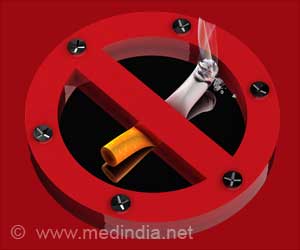A new study revealed that more than half young women with HR+ breast cancer did not believe endocrine therapy was essential.

‘Young women with HR+ breast cancer are at increased risk for recurrence and decreased survival. Even then they are more likely to fail to adhere to endocrine treatment as prescribed.’





The article 'Perceptions, Attributions and Emotions Toward Endocrine Therapy in Young Women with Breast Cancer' explores whether young women's views of endocrine therapy and the symptoms they attribute to the medication - whether tamoxifen or an aromatase inhibitor - affect their compliance with the prescribed treatment regimen. Researchers emphasize the need for better education of young women with HR+ breast cancer about the benefits of endocrine therapy and the importance of medication adherence. They also highlight the more severe burden of menopausal symptoms young women may experience and the potential impact these side effects may have on non-adherence.
"This paper address an extremely important and previously unappreciated nuance to delivering care to the young adult breast cancer population. Now that this is known, interventions need to be implemented and then studied to assess whether they can change the current practice," said Editor-in-Chief Leonard S. Sender, University of California, Irvine and CHOC Children's Hospital, Orange, CA.
Source-Eurekalert















